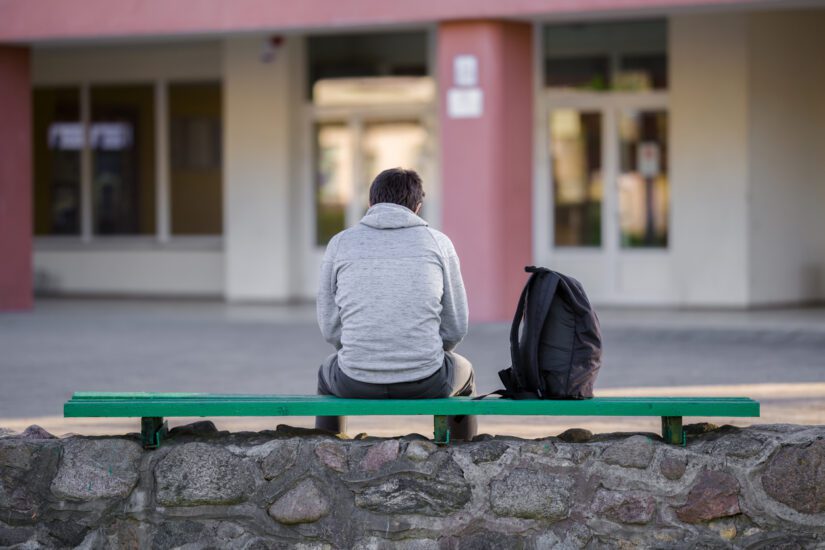October is National Bullying Prevention month, and it’s a good opportunity for families to discuss the dangers of bullying. Here are some tips for talking to kids about bullying awareness and prevention!
1. Talk about the different forms of bullying. When people think about bullying, images of students being teased or physically taunted at school often come to mind. And while these so-called “traditional” forms of bullying are still very much important to be aware of, they are not the only form of bullying in today’s world. Using social media platforms and text messages to harass another person – known as cyberbullying – is unfortunately now a common avenue for bullying to take place. Any form of harassment, especially verbal insults, can be extremely harmful to a child’s self esteem and should be taken very seriously. With many students currently taking classes online, it’s more important than ever to be aware of cyberbullying and its consequences.
2. Talk about what to do if they experience bullying directly. If your child experiences in-person bullying, let them know never to engage. Real life isn’t like the movies where “standing up” to the bully ends up working out for the victim and the bully learns their lesson – schools these days have a zero-tolerance policy, and both students will face consequences regardless of who initiated the altercation. Violence is never the answer and is only likely to encourage further retaliation. Let your kids know that if they are being bullied, walk away and tell an adult as soon as possible.
- Tutor Doctor Tip: When it comes to cyberbullying, the approach your child should take is very much the same as above. Again, never reciprocate – in fact, it’s best to not even respond – and tell an adult right away. Fortunately, cyberbullying can be confronted more directly than other forms of bullying. If you report the post or message to the social media network, action will be taken promptly. Cyberbullying is taken extremely seriously by every social media platform, so be sure to use reporting tools to your advantage. And most importantly, if you ever read something truly disturbing that may result in violence or immediate danger, don’t hesitate to call the police.
3. Talk about what to do if they witness another person being bullied. If your child happens to see another individual being bullied, remind them not to get involved directly. Once again, the best course of action is for an adult to be notified right away.
4. Talk about the consequences of bullying. Kids are often unaware of the horrific impact bullying can have on its victims. It’s not a topic anyone likes to discuss, but the consequences of bullying can be deadly. If your student is of an appropriate age, it may be a good idea to provide insight into the reality of bullying and the disastrous effects it can have on individuals, families, and entire communities.
If you’d like to learn more about bullying prevention and awareness, show your support by clicking the link below!


